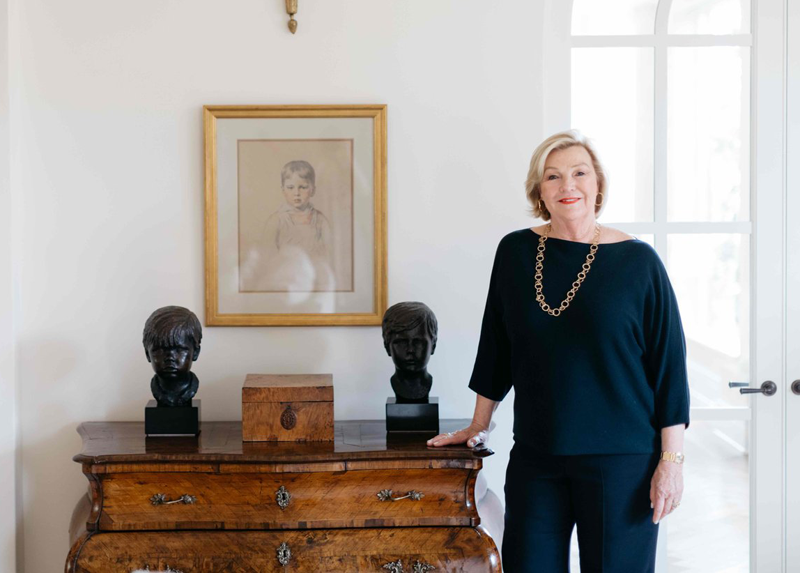PURE Group: Seeing the Whole Person
If someone from PURE Group decides to leave the high-net-worth insurer to pursue a career as a race car driver or an avalanche rescuer, the carrier’s leaders wouldn’t be devastated.
“We might have a moment of sadness when people leave, but if they’re going off to pursue their passions, then that’s a win.”
Katherine Richardson, Chief Human Resources Officer, PURE Insurance
"That would make us happy, honestly,” she said, when asked about the prospect of employees exiting after using a tuition reimbursement benefit for “passion courses”—courses unrelated to their careers at PURE but instead helping them pursue personal passions.
The benefit, which has allowed employees to become yacht captains, poets, comedians and certified yoga instructors, doesn’t typically prompt them to leave the company. “The only requirement from us is that it leads to some sort of designation,” said Richardson, noting that one woman who used the funds to become a certified self-defense instructor now teaches fellow employees.
Pursuing their passions brings “them a new confidence that has been very beneficial at work,” she said. In fact, passion is one of four traits that PURE looks for when it evaluates candidates seeking to join the company. “When we say passion, we mean that feeling of what it means when you have a talent that you share and that you work intensely for something you believe in,” Richardson said, listing intellectual curiosity, empathy and the ability to be a team player as the other traits.
What PURE employees intensely believe in is “member-centricity”—a phrase the carrier used throughout its 14-year history to describe meaningful engagement with policyholder members of the Professional Underwriters Reciprocal Exchange. And in what Richardson refers to as a “purpose-driven, principles-led” culture, the purpose is to make “members smarter, safer and more resilient so they can pursue their passions with greater confidence.”





